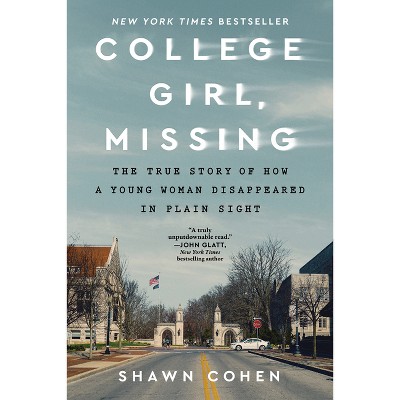About this item
Highlights
- Although physicians during World War I, and scholars since, have addressed the idea of disorders such as shell shock as inchoate flights into sickness by men unwilling to cope with war's privations, they have given little attention to the agency many soldiers actually possessed to express dissent in a system that medicalized it.
- About the Author: Rebecca Ayako Bennette is Professor of History at Middlebury College, and is the author of Fighting for the Soul of Germany.
- 240 Pages
- History, Military
Description
About the Book
"This book shows how German military psychiatry during World War I allowed for the expression of far more dissent among soldiers than has been recognized"--Book Synopsis
Although physicians during World War I, and scholars since, have addressed the idea of disorders such as shell shock as inchoate flights into sickness by men unwilling to cope with war's privations, they have given little attention to the agency many soldiers actually possessed to express dissent in a system that medicalized it. In Germany, these men were called Kriegszitterer, or "war tremblers," for their telltale symptom of uncontrollable shaking. Based on archival research that constitutes the largest study of psychiatric patient files from 1914 to 1918, Diagnosing Dissent examines the important space that wartime psychiatry provided soldiers expressing objection to the war.
Rebecca Ayako Bennette argues that the treatment of these soldiers was far less dismissive of real ailments and more conducive to individual expression of protest than we have previously thought. In addition, Diagnosing Dissent provides an important reevaluation of German psychiatry during this period. Bennette's argument fundamentally changes how we interpret central issues such as the strength of the German Rechtsstaat and the continuities or discontinuities between the events of World War I and the atrocities committed--often in the name of medicine and sometimes by the same physicians--during World War II.
Review Quotes
Diagnosing Dissent is an important contribution to the history of wartime psychiatry and medicine that will appeal to readers who want an introduction to the scholarship on how German psychiatry navigated war-related trauma as well as to readers who seek deft and nuanced analyses of the patient-subject as-agent.
-- "History of Science Society"Diagnosing Dissent is well-written and researched. Bennette's use of patient case files not only makes her arguments more compelling but also provides detailed and telling anecdotes about individual soldiers' lives that balance out the potentially sterile, cold language of contemporary psychiatric literature.
-- "The Journal of Military History"Drawing from meticulous research into patient records, Bennette complicates the picture [of conscientious objection as medical pathology].
-- "Foreign Affairs"Most evocative is Bennette's ascertainment that dissenters, whether traumatized or not, often found ways to voice their dissent--she argues that they exercised 'personal agency'--to military psychiatrists. A welcome addition to World War I studies.
-- "Choice"About the Author
Rebecca Ayako Bennette is Professor of History at Middlebury College, and is the author of Fighting for the Soul of Germany.












